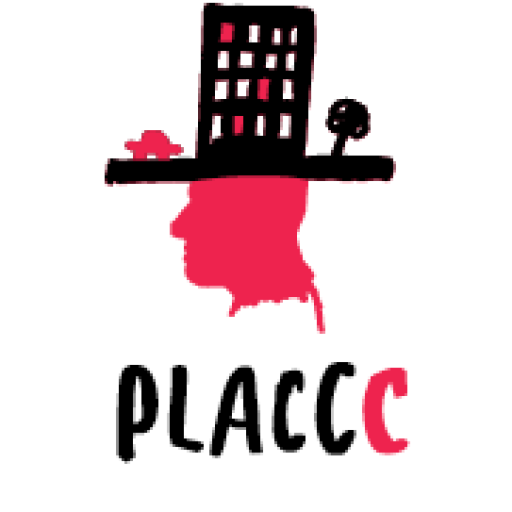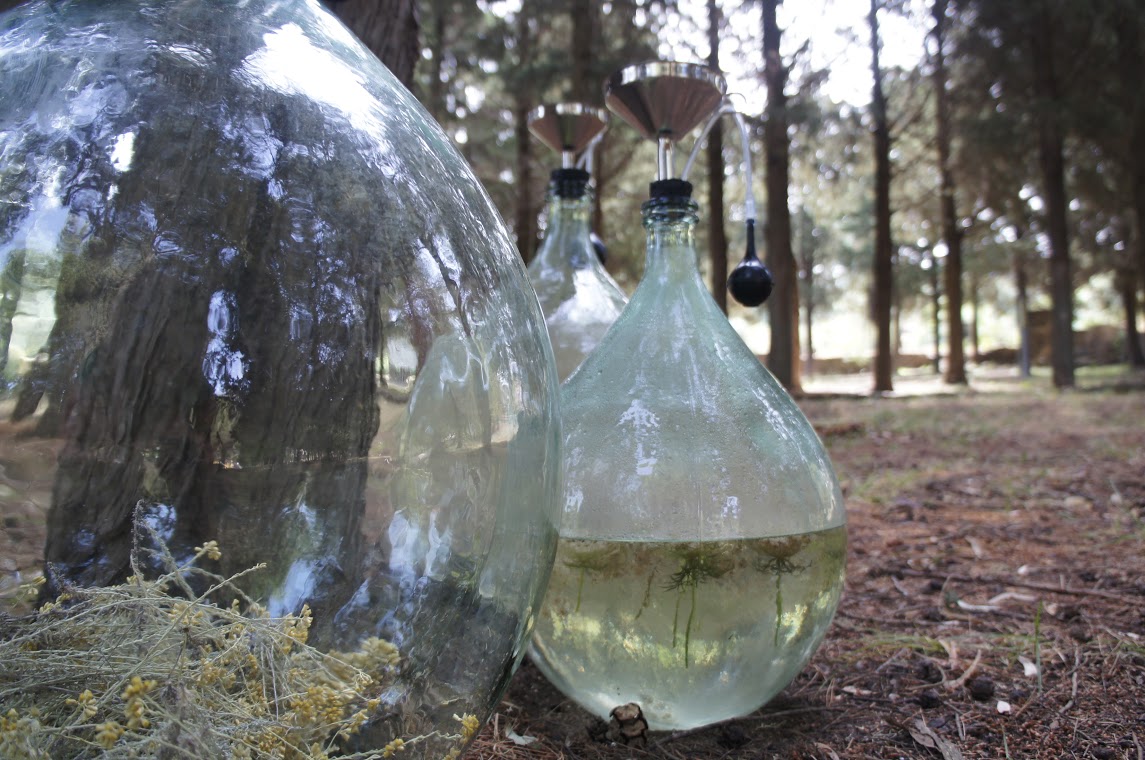In 2021 Placcc Festival will be launching a new, multi-year project that will focus on the connection between art and the environment, as both a part of the annual festival held since 2008, and also independently from the festival context.
For the past several years we have been aiming to find connections between artistic creation and our environment, or rather between the former and the scientific-educational approach to the drastic changes in the latter. We believe that science can be a rich source of inspiration for art, and art can help its audience in better understanding difficult topics and problems. Within this context we paid special attention to the problems of climate change, environmental awareness and environmental protection, and are continually trying to build stronger relationships with institutions and organizations working in this field.

Placcc Festival encourages artists to work outside of traditional – theatre or gallery – spaces, while presenting these works to our audience in a concentrated fashion. It is our experience that artists willing to work outside these traditional norms are more open and sensitive to social-environmental problems. On the other hand, by organizing out of the ordinary programs in public spaces we also have a chance to reach out for a wider audience – even people who are not regular consumers of culture.
Beside supporting and presenting art projects that reflect on the relationship between nature and humanity and also have environmental awareness as a central element of their creative process, we also aim to regularly organize high quality professional meetings where we initiate discussions that transcend and rethink the borders of art, environment, nature and science between representatives of various different fields and their audience possible.
We will organise our first Art & Nature program in 2021 and plan to have it run long into the future. In the first four years we will be working with artist-activist BUBLA Éva, who has a background in visual arts, and who will be participating in the project as both curator and creator. BUBLA Éva is experienced in bringing artistic and scientific thinking together in a creative way, i.e. beside her own work as an artist she founded the ÉrTEM Művésztelep és Szimpózium (ÉrTEM Artist Colony and Symposium) in 2018.
In the first year of our new program, we will be organizing a performative symposium with the goal of establishing a new tradition of holding further events annually as a part of Placcc Festival. This performative symposium will be a professional gathering where invited experts and artists will be able to meet in the city itself, with participants being able to view various relevant public space artworks. This way the appreciation of the chosen artworks and the related professional talks will strengthen each other, becoming a part of an organic whole.
In the first edition of our long-term program series, we plan to the organise our performative symposium under the title Sensing the City. Its goal will be to focus on the relationship between art and science, creating complex environmental competencies which will help visitors and participants to recognize and understand multilayered processes, and in doing so aid them in living a more active, conscious life, and making decisions which will have a more positive effect on our environment.
The Curator’s Concept
The events of the past year have fundamentally changed our everyday lives and our relationship to our environment, our fellow human beings, and our city spaces. Distrust between people is getting more pronounced, and our sense of alienation – the distance between us – is getting greater, while even with the pandemic the pressing social and ecological challenges of our time make the building of a healthy relationship with our environment more urgent than ever before. How can art in practice help facilitate these processes, helping us find a way of living in a more conscious, responsible way?
Artists participating in the performative symposium will create experimental, public space micro-interventions that will help viewers (re)connect to the urban space and ecosystem, based on keywords and principles like sensory experience,environmental awareness, interactivity, urban identity and the use(s) of common/communal spaces.
These micro-interventions will be both the reason and the framework for various thematically relevant talks during which invited experts and artists will be able to shed light on these topics and other related problems. These events will be held in unusual, mostly public spaces, which will make it easier to help these programs reach a larger audience.
(BUBLA Éva)
Realization of the Program
Our performative symposium will have two main goals: realizing the chosen artistic interventions on one hand, and organizing the professional discussions on the other.
Participants may apply to the artistic program via our Open Call. We plan to select 4-5 artists or artistic groups from among the applicants. We are open to projects from all artistic mediums, regardless of genre (fine art, theatre, dance, music, literature, architecture etc.), so artists may apply with public space installations, performances, happenings, screenings, workshop series, and so on.
Their artistic concepts must be connected to the chosen location, must use local materials that are either degradable or recyclable, while also examining their topic into a global context, inspiring viewers to live and think in a sustainable and nature-centred way.
Audience members will be able to view the artworks individually during Placcc 2021 Festival, but we will also be organizing three city walks which will visit multiple of these interventions, later following up on them with the mentioned talks and discussions with highly respected and knowledgeable experts and researchers representing the specific scientific fields.
We think it important that these professional discussions focus on and be related to the artistic projects, which is why the invited speakers will represent scientific fields that are connected to these projects (i.e. urban agriculture, forestry and water management, environmental protection, human ecology.)
The symposium is planned to be bilingual with Hungarian-English interpretation. In the long-term we would like to make the event more international in nature, with both Hungarian and foreign representatives of the arts and sciences in attendance dealing with environmental issues.


